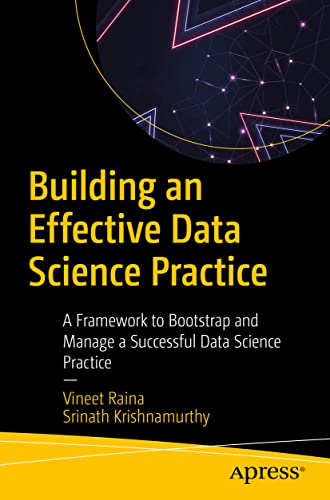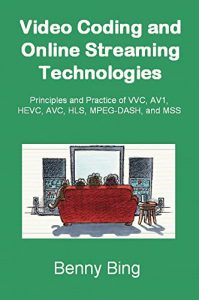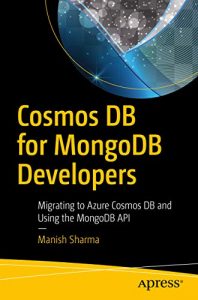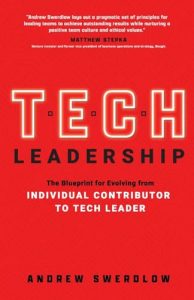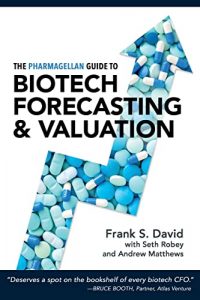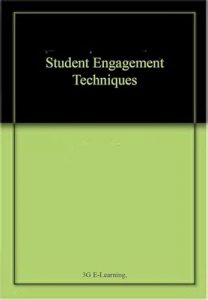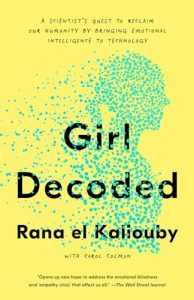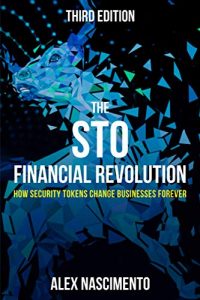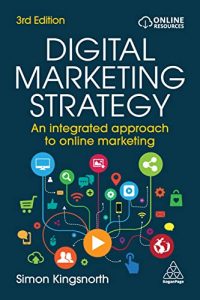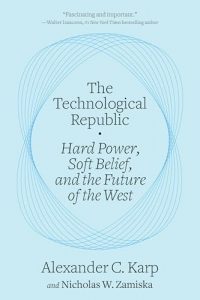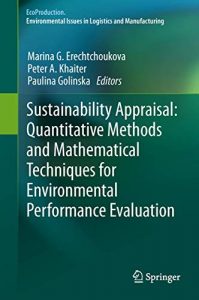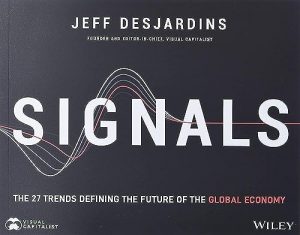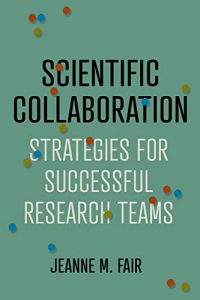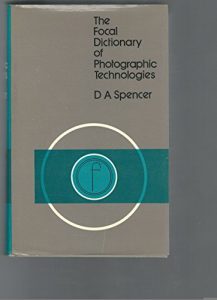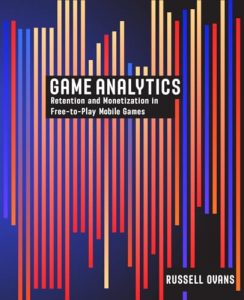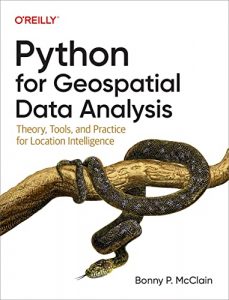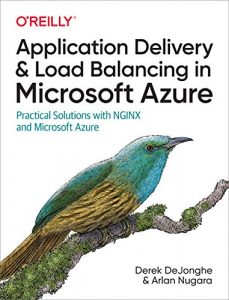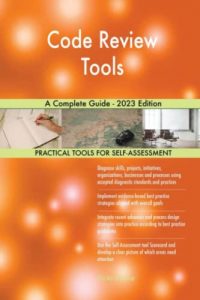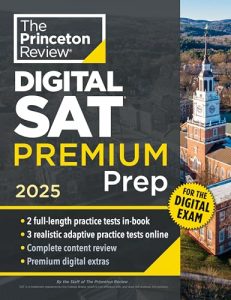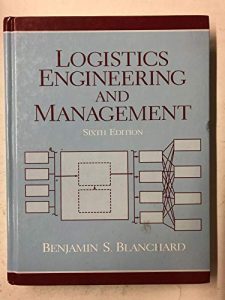1. Building an Effective Data Science Practice
Authors: Vineet Raina, Srinath Krishnamurthy
In the fast-paced world of data science, having a robust framework can make all the difference. “Building an Effective Data Science Practice” provides invaluable insights into establishing and managing a successful data science practice from the ground up. With practical strategies and real-world examples, this book is an essential read for anyone looking to take their data projects to the next level. The authors delve into common pitfalls and how to avoid them, ensuring a sustainable practice that can drive impactful decisions. Whether you’re a seasoned data scientist or a beginner, this guide will empower you to build effective data strategies.
2. Building Responsible AI Algorithms
Author: Toju Duke
As AI continues its rapid expansion, the need for responsible practices in algorithm development has never been more critical. This book tackles the pressing issues of transparency, fairness, safety, privacy, and robustness in AI algorithms. Toju Duke discusses how to create algorithms that not only perform well but also adhere to ethical standards. It’s a thought-provoking read that equips developers with the tools to make their algorithms more accountable and trustworthy. This book is perfect for tech professionals committed to impactful and ethical AI development.
3. Advances in Financial Machine Learning
Author: Marcos Lopez de Prado
This book stands at the intersection of finance and machine learning, providing revolutionary insights into how ML can be applied to financial markets. Marcos Lopez de Prado shares advanced techniques and concepts that illuminate the many possibilities within this promising sector. The book is tailored for both practitioners and researchers in finance and data science, ensuring that readers can gain a significant advantage in navigating complex financial data landscapes. It’s a must-read for anyone looking to deepen their understanding of machine learning applications in finance.
4. Federated Learning with Python
Authors: Kiyoshi Nakayama PhD, George Jeno
Federated Learning is revolutionizing the way we think about machine learning, offering privacy-preserving capabilities that traditional methods cannot match. This book is a comprehensive guide to designing and implementing a federated learning system using Python. Kiyoshi Nakayama and George Jeno provide practical knowledge and step-by-step instructions that will help developers create applications that prioritize user privacy while still delivering powerful insights. Ideal for advanced data practitioners, this book offers a unique approach to an evolving field that everyone should be aware of.
5. Applied Artificial Intelligence: A Handbook For Business Leaders
Authors: Mariya Yao, Adelyn Zhou, Marlene Jia
In today’s digital economy, understanding artificial intelligence is crucial for business leaders. “Applied Artificial Intelligence” demystifies AI and outlines effective strategies to leverage its potential in business settings. Written by industry leaders, this handbook presents case studies and actionable insights that equip executives with the knowledge to make informed decisions. It’s a vital resource for any leader looking to harness AI for growth and innovation. A compact yet powerful read, it presents complex topics in an accessible manner, making it suitable for all levels of understanding.
6. Deep Learning: Python for Data Science
Author: Nikhil Khan
If you’re looking to dive into the depths of deep learning using Python, this book is your comprehensive guide. From TensorFlow to Keras, Nikhil Khan breaks down complex concepts into digestible sections, ensuring readers gain a thorough understanding of how to develop deep learning models. The book is beautifully structured and provides practical applications alongside theoretical knowledge, making it suitable for both beginners and advanced learners in data science. It’s a crucial resource for anyone wanting to enhance their technical skills in deep learning with Python.
7. TERRAIN Agile Framework
Authors: Amod N. Desai
This insightful book proposes the TERRAIN Agile Framework, specifically designed for organizational transformation through artificial intelligence. Amod Desai emphasizes the importance of agility in AI implementation and provides readers with a roadmap to successfully navigate the challenges of digital transformation. By focusing on practical solutions and case studies, the book delivers valuable insights for executives and project leads alike, looking to incorporate AI into their business structures strategically. It’s a forward-thinking guide for any organization eager to adapt and thrive in a fast-evolving technological landscape.
8. Intersection of AI and Business Intelligence
Authors: Arul Kumar Natarajan, Mohammad Gouse Galety, Celestine Iwendi
This book is an eye-opener for anyone interested in data-driven decision-making. It explores the integration of AI technologies with traditional business intelligence practices, enabling better and more informed decisions. With in-depth discussions and case studies, the authors bring to light the transformative potential of AI in business settings. Readers—be it analysts, managers, or entrepreneurs—will find powerful strategies that marry AI methodologies with business intelligence to enhance operational effectiveness and drive innovation.
9. Prediction Machines: The Simple Economics of Artificial Intelligence
Authors: Ajay Agrawal, Joshua Gans, Avi Goldfarb
This compelling book delves into the impact of AI on business economics, equipping readers with a better understanding of how predictions can enhance economic value. The authors present groundbreaking insights into the economics surrounding AI technologies, helping business leaders make smarter investment choices. “Prediction Machines” is essential for anyone wishing to comprehend the profound influence AI will have on future business opportunities, making it an indispensable read in today’s economic landscape.
10. ISO/IEC 23053:2022, Framework for AI Systems Using ML
Author: International Organization for Standardization
This is a pivotal document that outlines standards for artificial intelligence systems using machine learning. It’s crucial for developers and organizations involved in AI to understand these guidelines to ensure compliance and further innovation in their projects. This framework serves as a valuable reference for professionals looking to maintain high standards of ethical and responsible AI practices, thus making it a necessary read for anyone invested in the future of AI technologies.

